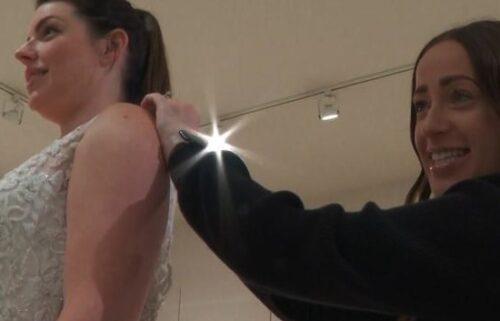Dozens of sick and starved brown pelicans turning up on Southern California beaches
KCAL, KCBS
By Michele Gile, Dean Fioresi
Click here for updates on this story
California (KCAL/KCBS) — Dozens of brown pelicans have been found stranded on Southern California beaches in recent weeks, leading to overrun wildlife care centers as they look into what could be causing the mystery illness.
The Orange County Wetlands and Wildlife Center in Huntington Beach is one of those dealing with mass amounts of pelicans turning up in the past month, with two dozen new patients arriving on Monday alone.
They’re just the latest brown pelicans in a mass stranding event that has staff and volunteers working overtime, thus far working to rescue more than 150 birds across the region since the start of April.
“Due to an extended mass-stranding event, the Wetlands and Wildlife Care Center is caring for dozens of Brown Pelicans flooding in from Orange, Riverside, and San Bernardino Counties,” said a statement from the wildlife center. “The cause of this event is unknown.”
Workers say that the bulk of the patients have turned up in the last week, with nearly 90 new arrivals.
“A lot of birds are coming in to care who are emaciated, they’re dehydrated, they’re hypothermic, they’re anemic, they’re in poor body condition, they’re starving,” said Elizabeth Wood, a veterinarian at the center.
Thus far, they’ve been unable to determine what could be causing the widespread event, but Wood sees similarities to a different mass-stranding event from two years ago.
“There’s lots of hypotheses right now, but it does seem that they’re not finding enough fish,” she said. “So, some of the hypotheses are about the gale force winds, or about the fish supply, or ocean temperatures.”
So many birds have been brought in that they’ve had to create special spaces to house them while they’re cared for. On top of that, the center says that the patients cost $45 a day, and with 28 currently being cared for and dozens more expected in coming days, they’re hoping that the public can help them cover the massive costs.
“We urgently need financial support to respond to this event,” said center officials.
The first few hours of care are the most crucial for the large seabirds, with more than 50 that have died within hours of arrival, according to the center.
Wood says that if the bird’s temperature can be brought up with supplemental heat, they’re likely to respond well to the supportive care being provided.
Once they return to normal body temperature and start eating on their own, they’re returned back to the beaches from where they were rescued.
More information on how to help the Wetlands and Wildlife Center is available on their website.
Please note: This content carries a strict local market embargo. If you share the same market as the contributor of this article, you may not use it on any platform.


